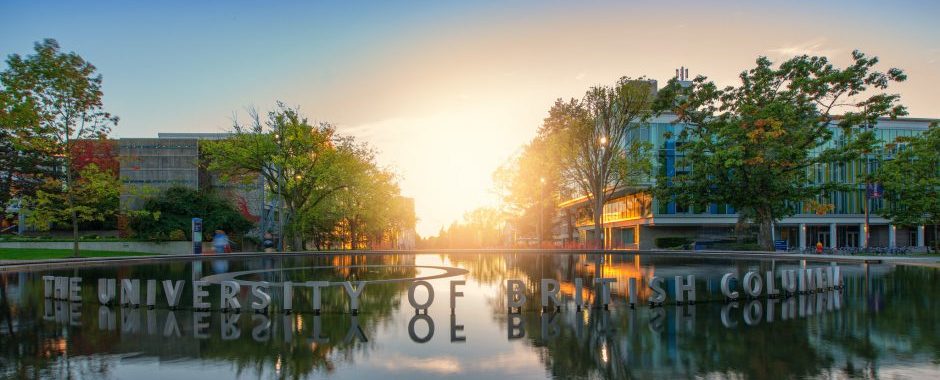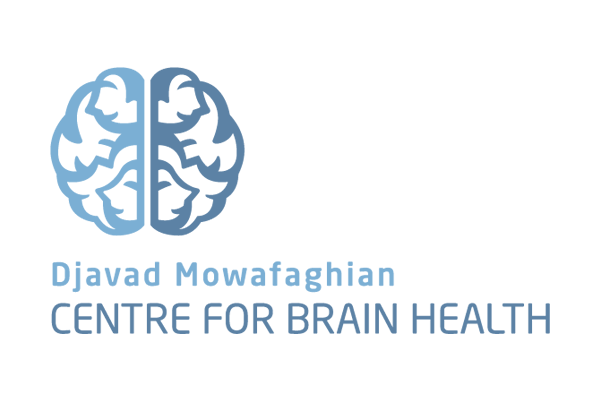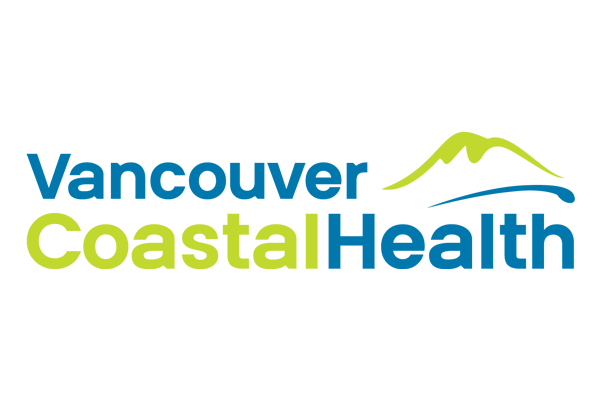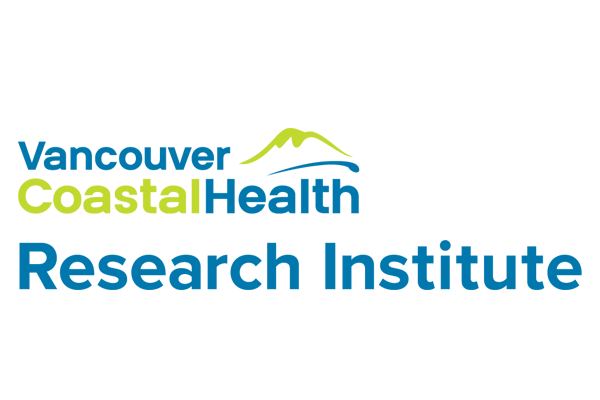
Please work with your supervisor to plan your electives.
No more than 3 credits of 300- or 400-level coursework will count towards the Master’s degree. However, registering in additional courses does not affect your tuition fees. This is a great opportunity to take additional courses that may benefit your research, and you should discuss course selection with your supervisor.
The list below is meant as a guideline only and is not exhaustive. Other courses not listed may also be appropriate for some students in the Graduate Program in Neuroscience. Note: not all electives are offered each semester or year (some tend to be offered every other year), and some electives may be restricted to that department or require pre-requisites.
If you are not able to register directly into an elective course on Workday, you need to complete the ‘G+PS registration form’. Please obtain the course instructor’s approval prior to sending the form to ubc.neuroscience@ubc.ca.
Additionally, you can fulfill your credit requirements by taking a directed studies course (self-guided research study). For more information, contact one of the module leaders or other faculty with whom you are interested in working with. They will direct you to the relevant department for registration and can help determine how to fulfill course requirements.
Details regarding the various courses are available on the respective department websites and the UBC Calendar – Course Descriptions page. You MUST register for all the courses you are taking on Workday. You are required to register for the NRSC 549 thesis (Masters) or NRSC 649 thesis (Doctoral) for all semesters you are enrolled at UBC. You must be continuously registered, even during the Summer terms.
Registration and current course schedule
500 – Level Courses
| Dept. | Course Code | Credits | Course Name |
| Anatomy | |||
| ANAT 504 | 3 | Cell Structure and Function | |
| ANAT 590 | 6 | Introduction to Functional Human Anatomy: Survey of Microscopic Anatomy, Neuroanatomy and Gross Anatomy | |
| Biochemistry | |||
| BIOC 551 | 3 | Advanced Topics in Biochemistry and Molecular Biology | |
| BIOC 552 | 1.5 | Membrane Proteins | |
| BIOC 554 | 1.5 | Nucleic Acids: DNA/RNA Structure and Function | |
| BIOC 555 | 1.5 | Epigenetics | |
| Biology | |||
| BIOL 530 | 3 | The Biology of the Cell | |
| BIOL 548 | 1 | Advanced Topics in Biology | |
| Cell & Developmental Biology | |||
| CELL 501 | 3 | Cell and Developmental Biology Research Literature | |
| CELL 502 | 1.5 | Current Topics in Developmental Biology | |
| CELL 503 | 1.5 | Current Topics in Cellular Communication | |
| CELL 504 | 1.5 | Current Topics in Cytoskeleton and Cell Motility | |
| CELL 505 | 1.5 | Current Topics in Intracellular Trafficking | |
| CELL 506 | 1.5 | Fluorescence Microscopy | |
| CELL 509 | 1.5 | Cell Systems Biology | |
| Computer Science | |||
| CPSC 504 | 3 | Data Management | |
| CPSC 532 | 3 | Topics in Artificial Intelligence | |
| CPSC 554 | 3 | Topics in Human-Computer Interaction | |
| Experimental Medicine | |||
| MEDI 503 | 3 | Introduction to Clinical, Patient Oriented and Translational Research | |
| MEDI 520 | 3 | Advanced Topics in Visual Sciences | |
| MEDI 590 | 3 | Molecular Regulation of Cell Growth and Differentiation | |
| Kinesiology | |||
| KIN 500A | 3 | Seminar in Computational Motor Control | |
| Neuroscience | |||
| NRSC 510 | 3 | Topics in Neurodata | |
| Pathology | |||
| PATH 501 | 2 | Foundations of Human Histopathology | |
| PATH 502 | 2 | Current Topics in Pathology Research | |
| Pharmacology and Therapeutics | |||
| PCTH 502 | 4 | Drugs and Intercellular Communication (including Neuropharmacology) | |
| PCTH 513 | 4 | Pharmacology of Anesthesia | |
| Pharmaceutical Sciences | |||
| PHAR 515 | 3 | Nanomedicines | |
| Psychology | |||
| PSYC 514 | 3 | Advanced Topics in Biopsychology | |
| PSYC 517 | 3 | Biopsychology of Motivation | |
| PSYC 520 | 3 | Developmental Biopsychology | |
| PSYC 545 | 3 | Advanced Statistics I | |
| PSYC 571 | 3 | Special Topics in Cognitive Neuroscience | |
| PSYC 582 | 3 | Cognition | |
| PSYC 594 | 3 | Psychoneuroendocrinology | |
| Rehabilitation Sciences | |||
| RHSC 506A | 3 | Current Topics in Rehabilitation: The Future of Assistive Technology: Theory and Practice | |
| RHSC 514 | 3 | Neuroimaging: Basic Concepts and Applications to Research and Practice | |
| RHSC 519 | 3 | Neurotrauma – From Basic to Community Research | |
| Statistics | |||
| STAT 536 | 3 | Statistical Theory for the Design and Analysis of Clinical Studies | |
| STAT 538 | 1.5 | Generalized Linear Models | |
| STAT 545 | 1.5 | Exploratory Data Analysis | |
300/400 – Level Courses
For more basic background on particular Neuroscience, Psychology and Biology topics, students may also take the following undergraduate courses towards the completion of a MSc or PhD degree. For registering into the undergraduate Neuroscience courses, please contact advising@neuro.ubc.ca. Other courses not listed may also be appropriate for some students in the Graduate Program in Neuroscience. Note: graduate students do not incur additional fees by signing up for supplementary courses.
| Dept. | Course Code | Credits | Course Name |
| Biology | |||
| BIOL 371 | 3 | Principles of Neurobiology I | |
| BIOL 372 | 3 | Principles of Neurobiology II | |
| BIOL 437 | 3 | Laboratory in Animal Cell Molecular Biology | |
| BIOL 451 | 3 | Comparative Neurobiology | |
| BIOL 458 | 3 | Developmental Neurobiology | |
| BIOL 460 | 3 | Neurobiology of Vision | |
| Cellular & Physiological Sciences | |||
| CAPS 421 | 3 | Cell Biology and Human Disease | |
| CAPS 426 | 3 | Nervous System Function in Human Health and Disease | |
| Kinesiology | |||
| KIN 482D | 3 | Computational Modelling of Human Sensorimotor Control | |
| Neuroscience | |||
| NSCI 301 | 3 | Neuroscience, Ethics, and Society | |
| NSCI 302 | 3 | Mechanisms of Nervous System Dysfunction and Recovery | |
| NSCI 303 | 3 | Foundations of Computational Neuroscience | |
| NSCI 311 | 3 | Advanced Neuroanatomy | |
| Pathology | |||
| PATH 404 | 6 | Diagnostic Histochemistry | |
| Pharmacology and Therapeutics | |||
| PCTH 325 | 3 | Rational Basis of Drug Therapy | |
| PCTH 404 | 3 | Drug Assay and Pharmacometrics | |
| Psychology | |||
| PSYC 301 | 3 | Brain Dysfunction and Recovery | |
| PSYC 333 | 3 | Memory: Historical, Clinical and Cognitive Perspectives | |
| PSYC 335 | 3 | Gambling and Decision Making | |
| PSYC 361 | 3 | Neuroscience of Motivation | |
| PSYC 363 | 3 | Neuroscience of Simple Learning | |
| PSYC 365 | 3 | Cognitive Neuroscience | |
| PSYC 368 | 3 | Perceptual Processing | |
| PSYC 370 | 3 | Behavioural and Cognitive Neuroscience I | |
| PSYC 371 | 3 | Behavioural and Cognitive Neuroscience II | |
| PSYC 401 | 3 | Clinical Psychology | |
| PSYC 409 | 3 | Cognitive Neuropsychology | |
| PSYC 417A | 3 | Special Topics in Psychology | |
| PSYC 460 | 3 | Behavioural Neuroendocrinology | |
| PSYC 461 | 3 | Neuroplasticity and Behaviour | |
| PSYC 462 | 3 | Drugs and Behavioural Neuroscience | |
| PSYC 472 | 3 | Advanced Neuroscience of Motivation | |
| Rehabilitation Sciences | |||
| RHSC 420 | 4 | Elements of Neuroanatomy and Neurophysiology | |


